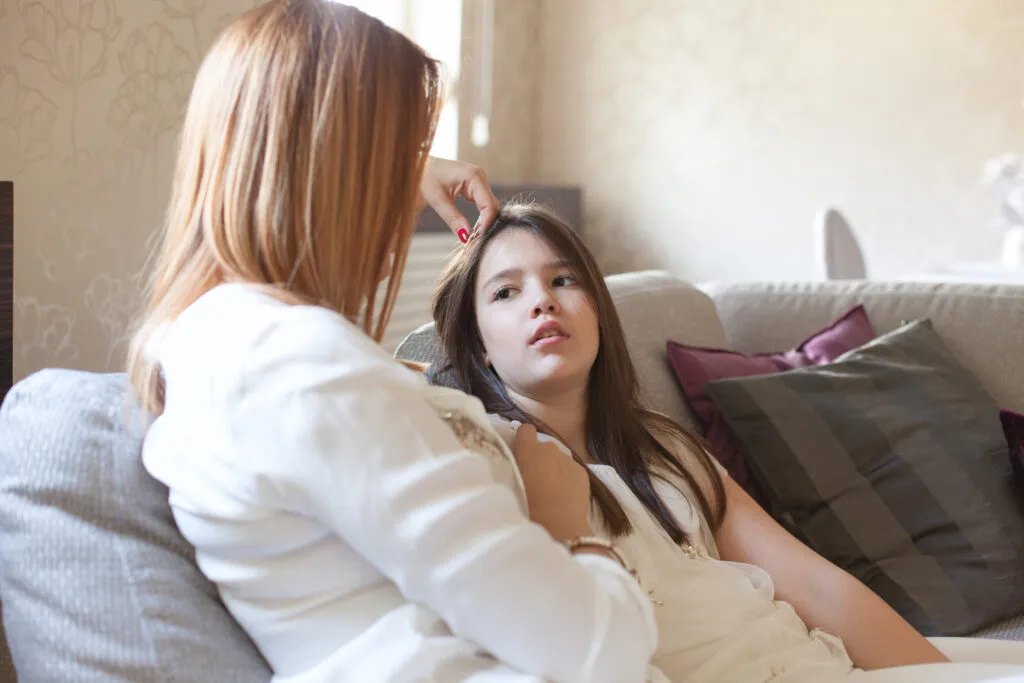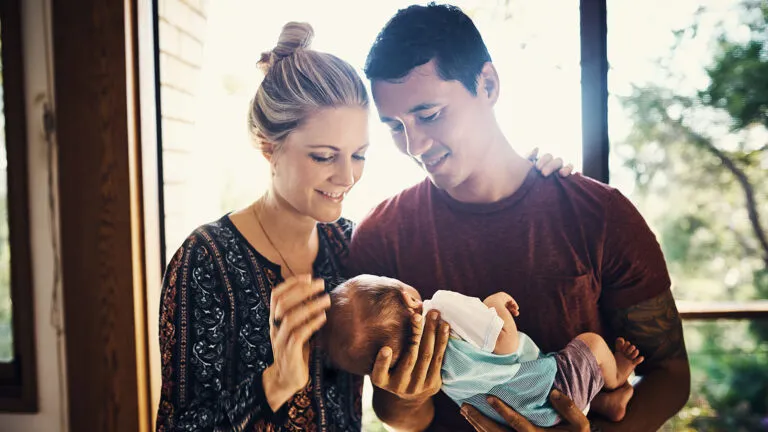With tragedies happening in America and around the world, disturbing images and reports have not only dominated the media, but often our personal conversations. If it’s painful for adults to contemplate so much suffering, imagine how a child may feel?
We first investigated this question a few years ago, but unfortunately this continues to be a relevant topic in 2017. To help your child deal with the stress of comprehending such tragedy, we are sharing these tips we first received in our consultations with Paula K. Rauch MD, child psychiatrist and founder of the Parenting At a Challenging Time Program at the Massachusetts General Hospital and Dr. Robin Gurwitch, psychologist at Cincinnati Children’s Hospital, and a member of the American Psychological Association Disaster Response Network.
Here are their 7 tips:
1. Start With Questions
Ask your child what he or she has heard about the tragedy. Find out what others children and adults may have been saying. Ask your child what they’re wondering or confused about.
Have your child elaborate about the expressed questions until you are sure you understand the question really well. This will enable a parent to answer the “real” question better and not make false assumptions about what the child might be thinking.
2. Find A Comfort Zone
Parents should identify the places and situations in which they have often had good conversations with their child. This may include during car rides, at bed-time, dinner-time or walking the dog.
By identifying these settings, parents can make it a priority to spend this time with their child in the hope that important conversations may emerge.
3. Limit Media Exposure
It is best to turn off the TV, and not have young children watch repeated images of destruction and suffering families. Even teenagers and adults may benefit from TV and internet avoidance, instead getting information from the radio and reading. Visual images can be particularly overwhelming.
4. Help’s On the Way
Talk about the responses underway to help those suffering during troubling times. Children will benefit from hearing about the many kinds of care providers who are doing their best to help after tragedies.
5. Stick With Routines
Maintain your child’s regular routines and schedule. These include mealtimes, bedtime, school and after-school activities. Life feels more normal and secure when these routines are maintained.
6. Give Extra TLC
Spend extra family time together. Let conversations unfold naturally and listen to the range of things that may be on your child’s mind. It is reassuring to children to know that the adults who love them are interested in the small details of their lives such as school events, tests, interactions with friends and teachers.
7. Take Action
Parents may want to find ways that together with their children they can make a contribution to help those suffering.
There may be ways to be helpful now, but it is also good to plan a philanthropic effort in a month or two months, when the suffering continues but is not so much in the news. This is an opportunity to help children understand that giving and support need to be enduring.
We met an inspiring mom, Amy Bentley, her kids and their friends, all determined to make a difference. After spending the morning making cookies, brownies and a cake, Bentley, a New York University professor, and her young fundraisers braved the cold to hold a bake sale supporting Haiti relief after the devastating hurricane of 2010. They collected $175.
“I wanted to do something to help beyond just writing a check, and I think it’s important to get kids involved in community service at an early age,” says Bentley. “They were very enthusiastic about the idea, of course. We had done a lemonade stand right after Hurricane Katrina and raised lots of money. People seemed grateful for the opportunity to give money for a good cause. Many people, both then and now, just donated money without taking a treat.”
Here are some good websites for more information:
At the American Psychological Association’s site you’ll find specific tips for talking to kids about tragedies and violence they hear about in the news.
Though the Marjorie E. Korff PACT (Parenting At a Challenging Time) Program was started to help parents with cancer manage their children stress, it’s also been useful for military families who have a parent at war. The website’s information also applies to helping children learn to cope with tragic news.





